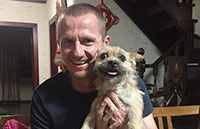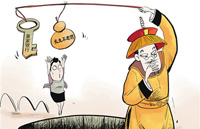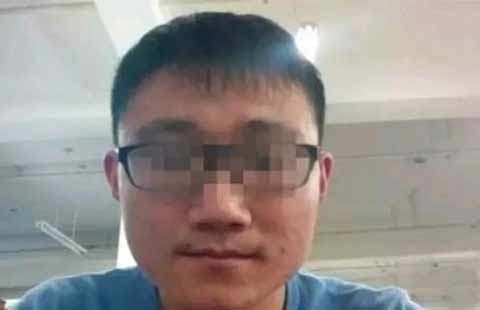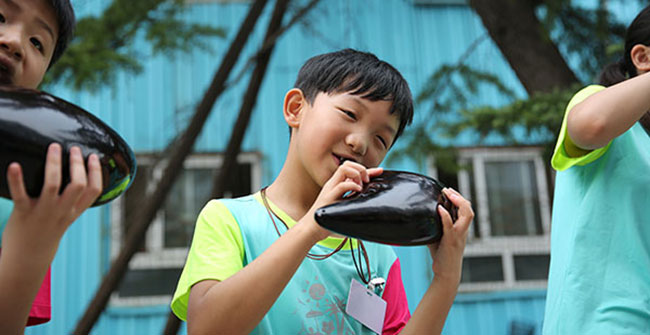China training neurosurgeons as part of Belt and Road Initiative
By AMY HE (China Daily) Updated: 2016-08-27 07:34Neurosurgeons are scarce in developing countries, so as part of the Belt and Road Initiative, Beijing is stepping in to help train young doctors in the specialty in countries along the old Silk Road, said Ling Feng, one of China's top neurosurgeons.
"Being able to train young neurosurgeons can help save a lot of lives," she said on the sidelines of the 2016 NGO Global Summit for UN Sustainable Development Goals, being held from Wednesday through Friday at United Nations headquarters in New York.
"For some diseases-stroke, hypertension-related hemorrhaging-if you cannot offer emergency treatment, patients can die immediately," said Ling, who is one of the lead participants in a program to train young medical students in the latest neurological techniques.
The focus of the effort, sponsored by the Chinese government, is to provide an "upgrade or refresh" for medical professionals before they return to their countries.
Now in its third year, the program has trained 176 doctors from 42 countries, Ling said.
"We have the capability now. It's completely different from 50 years ago," she said.
"Now we have developed these techniques (much more) than before, and we have the good equipment and facilities to use to demonstrate these advanced techniques. We also have marvelous experience, because we have such a large population of experts," she said.
Ling is a research professor at Capital University of Medical Sciences in Beijing and a board member of the Geneva-based World Federation of Neurological Societies.
In 1983, she established the country's first neurology intervention center.
Ling said she is a believer in sharing medical expertise as a way to establish strong relations with other countries.
"Science doesn't discriminate," she said. "For doctors, all lives are equal and valuable. Every life, no matter your political perspective or religion or attitude, is equal, and it is the doctors' job to always try their best to save them."
"The person who has been saved, he might carry with him certain political attitudes or ability to help somehow, and he'll try the best he can to reciprocate," she said.
Ling, who worked in various hospitals, said the most important aspect of her role is to give aid in whatever way she can to those who can benefit.
- China's 'super shoppers' rock the wallet
- 4 arrested in scam that led to death
- Soldiers' live use of smartphones reviewed
- China 9th most innovative country in G20: report
- Wedding businesses need tweak, report says
- Plan targets antimicrobial resistance
- China to join Australia, US in exercises
- Ex-Yunnan official expresses remorse in corruption trial
- Telecom fraud blamed in death of college applicant
- Talks with Manila at early date expected










